
Optimising residential energy efficiency: tools for assessing heating and cooling demands and emissions
The paper reviews tools for assessing energy demand in European buildings, focusing on space heating and cooling, to support sustainable energy strategies.
Luca Papapietro
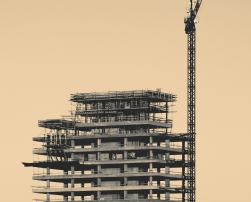
Enhancing sustainability in construction through Extended Producer Responsibility
A BPIE document advocates for Extended Producer Responsibility (EPR) to enhance recycling and promote sustainable practices in the EU construction sector, aiming to reduce waste and improve resource efficiency.
Luca Papapietro
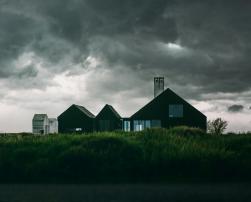
Promoting a comprehensive EU strategy for climate-resilient built environment
A BPIE discussion paper calls for a comprehensive EU strategy to integrate climate adaptation into the built environment, ensuring resilience, inclusivity, and local engagement across all regions.
Luca Papapietro
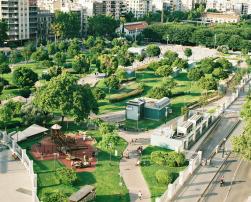
Greening cities: digital solutions for climate resilience and social impact
A new study assesses the social impact and financial return of integrating digital solutions with Urban Green Spaces for climate adaptation, revealing a twofold social return on investment in a European project.
Luca Papapietro

Seven steps to cooperative renovation
Ressorts’ seven-pronged guide promotes cooperation among stakeholders for effective and sustainable building renovation.
Luca Papapietro

A comprehensive guide for sustainable urban design
Sustainable Urban Design Handbook published.
Editorial team
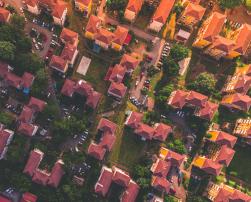
Benefits and policy implications of Sustainable Plus Energy Neighbourhoods
A report from syn.ikia explores Sustainable Plus Energy Neighbourhoods (SPENs), highlighting their varied benefits in social, economic, and environmental aspects, promoting community engagement and inclusive development, with a focus on quantifying benefits for policy and investment decisions.
Luca Papapietro

Sustainable Material-based Solutions For Energy Efficient Buildings
This white paper aims at supporting the definition of research and development strategies on sustainable material-based solutions for energy efficient buildings with a 2030 horizon (the same set by the revised Energy Performance of Buildings Directive to achieve at least a 55% reduction in greenhouse gas emissions, as legally required under the 2021 European Climate Law).
Céline Suchet

Aiming for pleasant smellscapes: methods for assessing perceived air quality in office environments
New research examines methods for assessing Perceived Air Quality (PAQ) in offices, highlighting the predominance of questionnaire-based evaluations and proposing a perceptual approach to improve indoor air standards.
Luca Papapietro
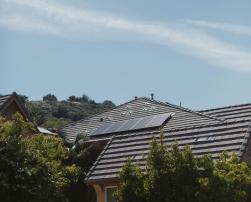
Advancing beyond net zero: evaluating plus energy buildings
A new study explores Plus Energy Buildings (PEBs) as a step beyond net zero energy buildings (nZEB), highlighting their benefits and the need for comprehensive evaluation across energy, environmental, and economic criteria.
Luca Papapietro